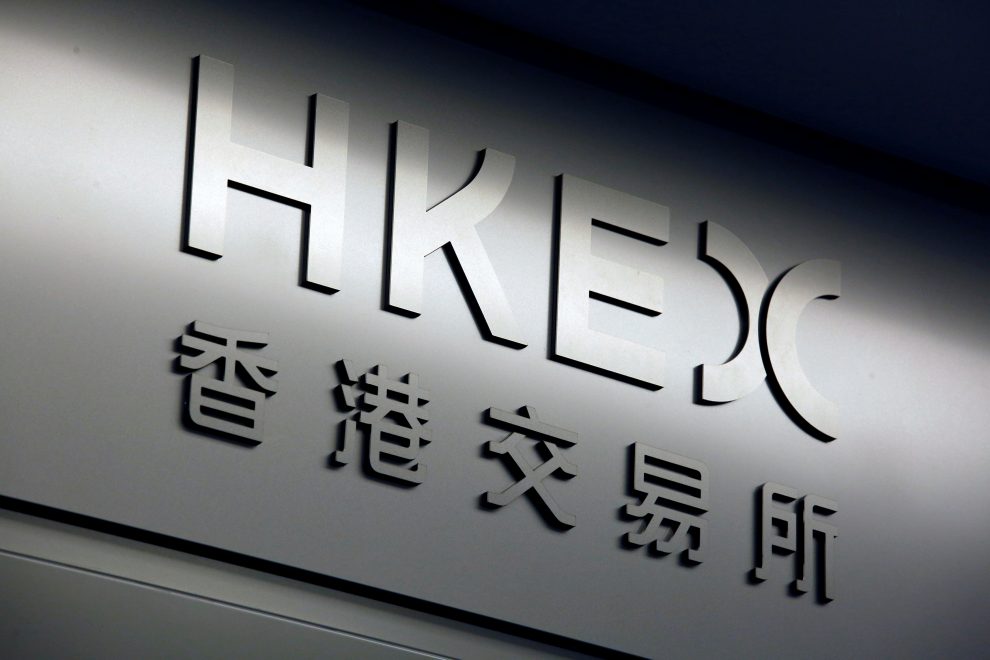China Tourism Group Duty Free Corp shares plunged 24% at the opening of the company’s Hong Kong debut on Thursday – but then rallied to close flat at its offer price.
China Tourism is a major duty-free network operator in mainland China, with 200 duty free stores in China, Hong Kong, Macau and Cambodia.
The company’s debut was delayed until 0500 GMT after the Hong Kong Stock Exchange trading session was shortened because of a typhoon.
The stock opened at HK$120, before recovering to close at its offering price of $HK158.
This was the largest share sale in the city in 2022 and raised $2.1 billion for the group. And that may have help boost the mood, as Hong Kong’s benchmark Hang Seng Index gained 3.5% on Thursday.
Trading was buoyed by Beijing’s fresh economic stimulus measures and a pause in the yuan’s slide.
Refinitiv data showed 6.7 million China Tourism shares, worth HK$1.05 billion, were traded during the session.
Shanghai-listed China Tourism sold 102.76 million shares in the listing.
The company priced its shares at the upper end of the HK$143.50 to HK$165.50 range flagged when the deal was launched this month. That price represents a discount of about 35% to the trading value of the Shanghai listed stock.
“The pricing was expensive, given the ongoing Covid-19 outbreak in China, and deteriorating profitability of the company,” Shifara Samsudeen, a LightStream Research analyst who publishes on Smartkarma, said.
“The Hong Kong shares are trading around the listing price and we expect the share price to drop further in the coming days, as the outlook on the travel retail sector is bleak, given the slowdown in global economies.”
Institutional investors subscribed for 4.7 times the number of shares on offer in the international tranche of the deal, the firm’s filings showed.
The deal’s bookbuild was carried out as Hainan, the company’s biggest mainland market, was locked down due to a Covid outbreak.
China Tourism’s listing takes to $6.7 billion the amount raised in Hong Kong in initial public offerings and secondary listings so far in 2022, down nearly 81% on the same last year, Refinitiv data shows.
It is the year’s slowest start for the city’s equity capital markets since 2013, the data showed.
- Reuters with additional editing by Jim Pollard
ALSO SEE:
China Stocks Rebound on Stimulus But All Eyes on US Fed
Yuan Rises After Regulator Urges Banks to Ease USD Buying
























